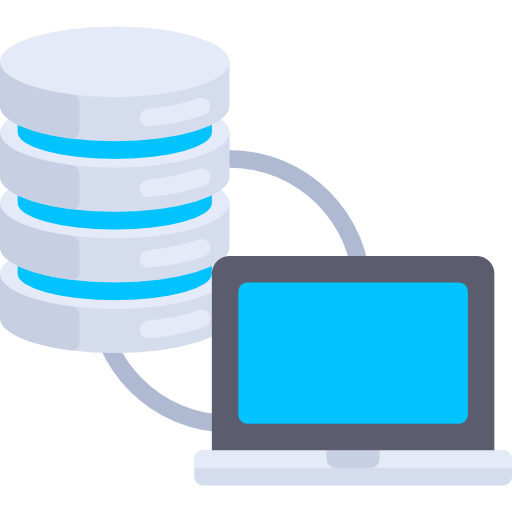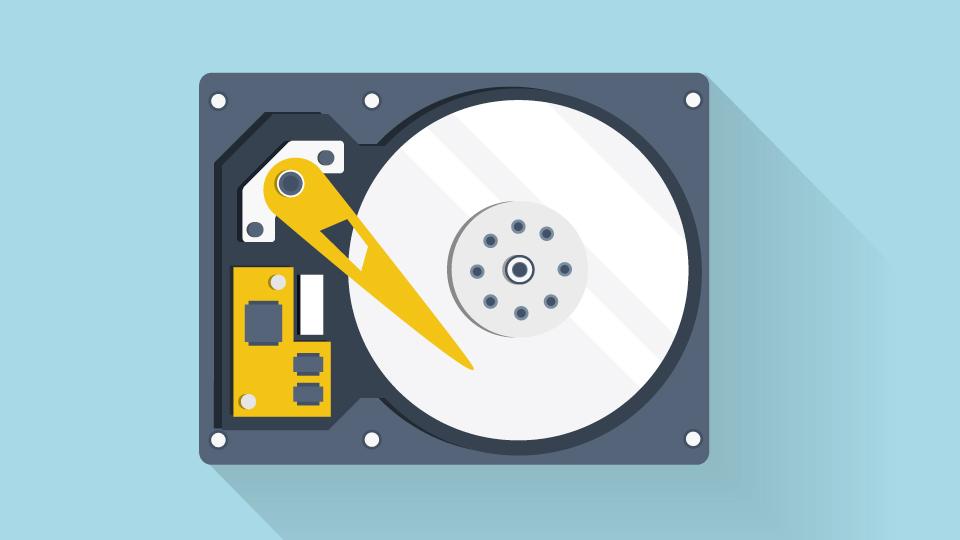Choosing the Right Data Storage Option for Your Small Business or Startup
As a small business or startup, finding the right solution for storing your data is crucial. Whether it’s customer information, financial records, or internal documents, your data is the backbone of your business. Let’s explore two common options: storing data on Microsoft Teams/SharePoint and maintaining a local server. Each comes with its own set of pros and cons, and understanding these can help you make the best choice for your needs.
Option 1: Microsoft Teams/SharePoint
For businesses just starting or with relatively small data needs (less than 1TB), Microsoft Teams and SharePoint can be great initial choices.
Pros:
- Accessibility and Collaboration: With Teams/SharePoint, your data is stored in the cloud, making it accessible from anywhere. This is ideal for remote teams or those who need to share and collaborate on documents in real time.
- Integration: Being a part of the Microsoft ecosystem, it integrates seamlessly with other Microsoft apps like Word, Excel, and Outlook. This makes workflows smoother and more efficient.
- Scalability: As your data needs grow, Microsoft offers easy upgrades to more storage space without the need for upfront investment in physical hardware.
- Security: Microsoft provides enterprise-level security features such as multi-factor authentication, data encryption, and regular backups.
Cons:
- Dependency on Internet: Since it relies on cloud storage, a stable and fast internet connection is a must. Slow or unreliable internet can disrupt access to your data.
- Ongoing Costs: While there’s no upfront investment, you’ll need to pay for subscription fees, which can add up over time, especially as you scale.
- Limited Customization: Cloud solutions may lack the flexibility that some businesses need for specific software or configurations.
Option 2: Local Server
A local server can be a viable option for businesses that prefer to have complete control over their data and infrastructure.
Pros:
- Control and Customization: A local server allows you to have full control over your data, including how it’s stored, accessed, and secured. This is particularly beneficial if your business has specific regulatory requirements.
- Performance: You aren’t dependent on the internet for access, so data retrieval and uploads are generally faster and more reliable.
- One-Time Cost: While the initial cost of purchasing and setting up a server is higher, there are fewer recurring costs associated with its upkeep, primarily limited to maintenance and occasional upgrades.
Cons:
- High Initial Investment: Setting up a local server can be expensive, especially for small businesses with limited capital. You’ll need to budget for hardware, software, and IT support.
- Maintenance and Expertise: Managing a local server requires technical expertise and ongoing maintenance to ensure it runs smoothly and securely.
- Limited Scalability: Unlike cloud solutions, expanding your storage capacity with a local server means purchasing more hardware, which can be cumbersome and costly.
Making the Right Choice for Your Business
When choosing between cloud storage on Teams/SharePoint and a local server, it’s essential to consider your business’s size, budget, and specific needs. If you’re just starting and need a flexible, accessible solution with low initial costs, Teams/SharePoint might be the way to go. However, if data control, customization, and independence from internet speed are crucial, investing in a local server could be a smarter move.
Choosing the Right Data Storage Option for Your Small Business or Startup
At VxLogic, we understand that each business is unique. Contact us today to help you find the perfect data storage solution tailored to your needs. Let us simplify your decision-making process so you can focus on what matters most – growing your business!
Check out our Facebook page for more tips
Check out our Linkedin page for more tips


